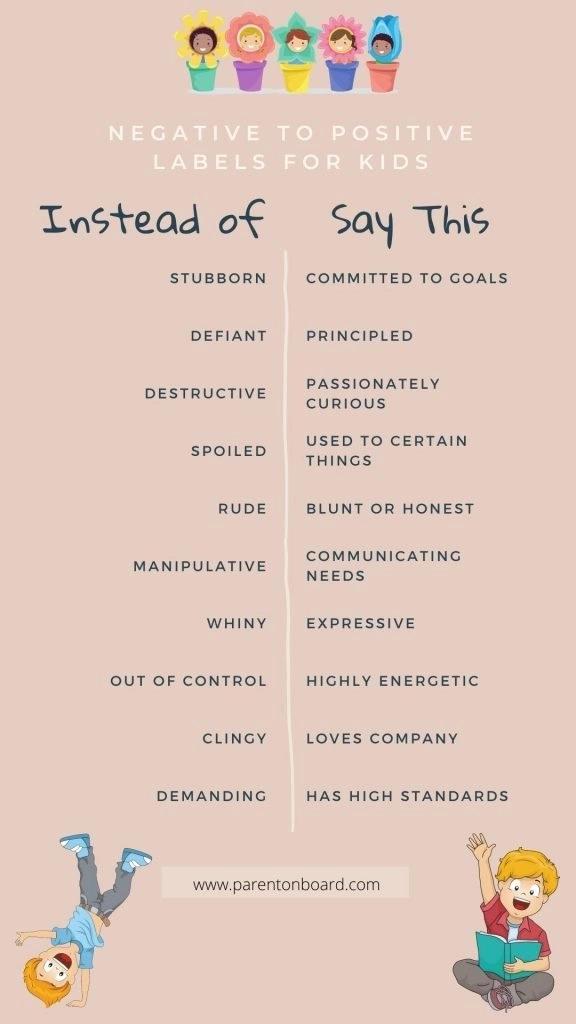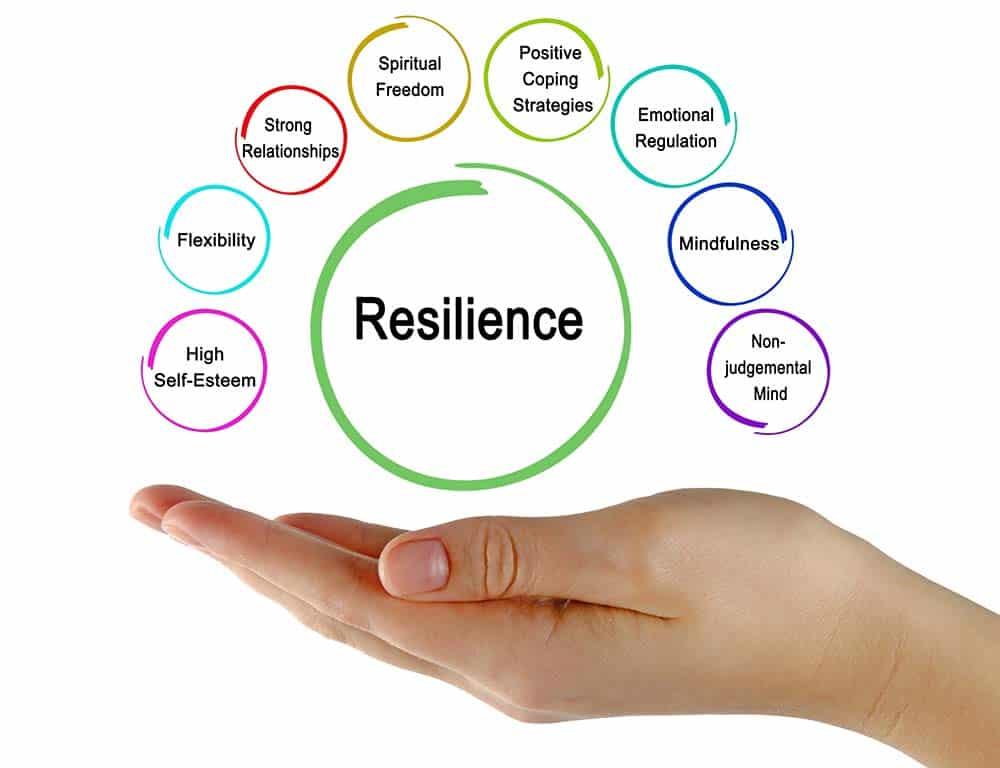In the bustling theater of the mind, negative thoughts often take center stage, casting long shadows over our daily experiences. They whisper doubts, amplify fears, and weave intricate webs of worry. Yet, within these shadows lies a transformative potential—a chance to turn the spotlight onto something profoundly enlightening. Welcome to the art of turning negative thoughts into mindful opportunities, where each challenge is not a barrier but a bridge to deeper self-awareness and growth. This article invites you to explore the alchemy of the mind, where negativity is not banished but embraced, reshaped into a catalyst for positive change. Through mindful practices, we can learn to navigate the labyrinth of our thoughts, discovering pathways to inner peace and resilience. Join us as we embark on this journey, transforming the lead of negativity into the gold of mindful opportunity.
Cultivating Awareness: The First Step to Transforming Negativity
In the journey of transforming negativity, the key lies in fostering a sense of awareness. This foundational step is about observing your thoughts without judgment, allowing you to recognize patterns that might otherwise go unnoticed. As you cultivate this awareness, you begin to see negative thoughts not as obstacles, but as opportunities for growth. Mindful observation empowers you to pause and consider the origins of these thoughts, providing insights into your subconscious beliefs and emotional triggers.
- Notice the thought: Pay attention to your inner dialogue and acknowledge the presence of negative thoughts.
- Explore without judgment: Approach these thoughts with curiosity rather than criticism, opening a space for understanding.
- Identify patterns: Recognize recurring themes or triggers that bring negativity to the surface.
- Embrace the moment: Use mindfulness techniques, such as deep breathing or meditation, to stay grounded and present.
By embracing this practice, you gradually shift from a reactive to a proactive mindset, transforming negativity into a powerful tool for self-discovery and personal development. This conscious engagement allows for a more balanced and harmonious mental landscape, where negative thoughts are met with compassion and curiosity, rather than fear or resistance.

Harnessing the Power of Reframing for Positive Outcomes
In our fast-paced world, negative thoughts can easily become unwelcome guests in our minds. However, by embracing the art of reframing, we can transform these thoughts into opportunities for growth and mindfulness. Reframing is not about denying reality, but about shifting our perspective to see challenges as stepping stones rather than obstacles. This powerful tool encourages us to explore the silver linings within our struggles, fostering resilience and a deeper understanding of ourselves.
Consider these mindful reframing techniques to cultivate a more positive mindset:
- Identify the Trigger: Recognize the specific event or thought that initiates the negative spiral.
- Challenge Your Assumptions: Question the validity of your initial reaction and consider alternative viewpoints.
- Focus on Gratitude: Redirect your attention to aspects of the situation that you can appreciate or learn from.
- Visualize Positive Outcomes: Imagine the best possible results from the situation, reinforcing a sense of hope and potential.
By consciously applying these strategies, you can train your mind to see beyond immediate negativity and discover the hidden lessons within life’s challenges. The journey towards mindfulness begins with a single step—choosing to view the world through a lens of possibility and hope.

Mindful Practices to Shift Your Perspective
Incorporating mindfulness into your daily routine can be a powerful tool to transform negative thoughts into opportunities for growth. Start by cultivating awareness. When you catch yourself spiraling into negativity, pause and take a moment to observe these thoughts without judgment. Recognize them as temporary and separate from your identity. By practicing this detachment, you create space for a more balanced perspective.
- Breathing Exercises: Engage in deep breathing to anchor yourself in the present moment, allowing the mind to reset.
- Gratitude Journaling: Each day, write down three things you’re grateful for, shifting focus from what’s going wrong to what’s going right.
- Meditative Walks: Take a walk in nature, paying close attention to the sights, sounds, and smells around you. This practice encourages a mindful presence.
Through these mindful practices, you can transform habitual negativity into opportunities for self-discovery and emotional resilience, fostering a more positive outlook on life.

Building Resilience Through Acceptance and Gratitude
In the face of life’s inevitable challenges, embracing acceptance can be a powerful tool to transform our mindset. Acceptance is not about resignation; rather, it’s about acknowledging our current reality without judgment. This mindset allows us to navigate through difficulties with a clearer perspective, opening the door to growth and learning. By recognizing that some circumstances are beyond our control, we can focus our energy on what we can change, thereby building resilience. Acceptance helps us to see things as they are, not as we wish them to be, allowing us to respond with intention and grace.
Coupled with acceptance, practicing gratitude can further enhance our resilience. Gratitude shifts our focus from what we lack to what we have, fostering a sense of abundance and contentment. Here are some ways to cultivate gratitude in daily life:
- Keep a gratitude journal: Write down three things you’re grateful for each day.
- Practice mindfulness: Take a moment to appreciate the present moment and your surroundings.
- Express appreciation: Tell someone how much they mean to you or thank them for something they’ve done.
By integrating acceptance and gratitude into our lives, we can transform negative thoughts into mindful opportunities, nurturing a resilient and positive outlook.
To Conclude
As we journey through the intricate landscapes of our minds, we discover that negative thoughts, often perceived as barriers, can be transformed into stepping stones toward mindfulness and growth. By embracing these thoughts with curiosity rather than resistance, we unlock the potential to cultivate a deeper understanding of ourselves and the world around us. The path may not always be easy, but with patience and practice, each negative thought can become an opportunity for reflection, learning, and ultimately, transformation. Let us walk this path with an open heart and a mindful spirit, turning the shadows of our thoughts into guiding lights that illuminate our way forward.
